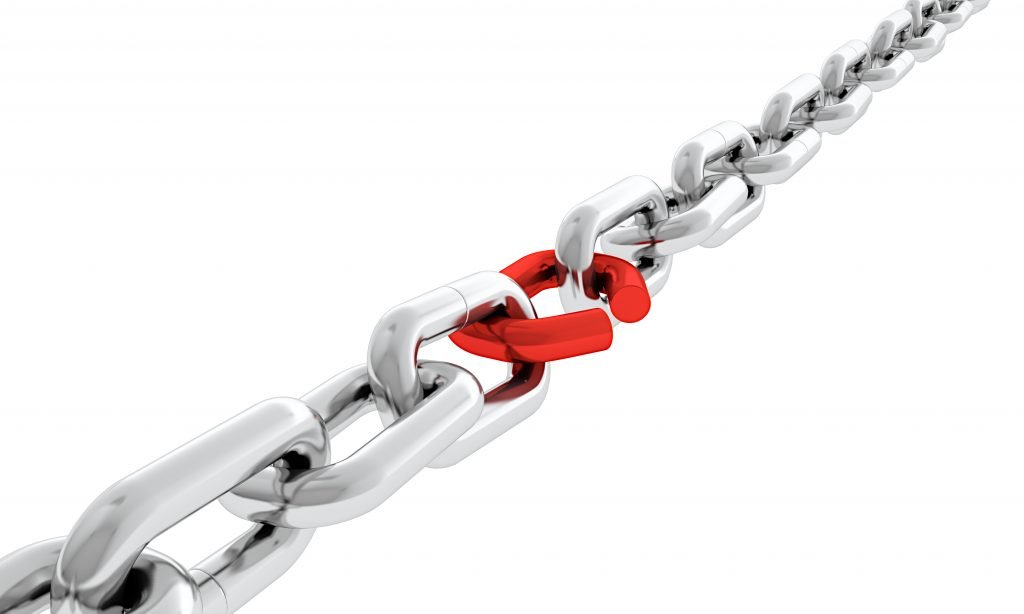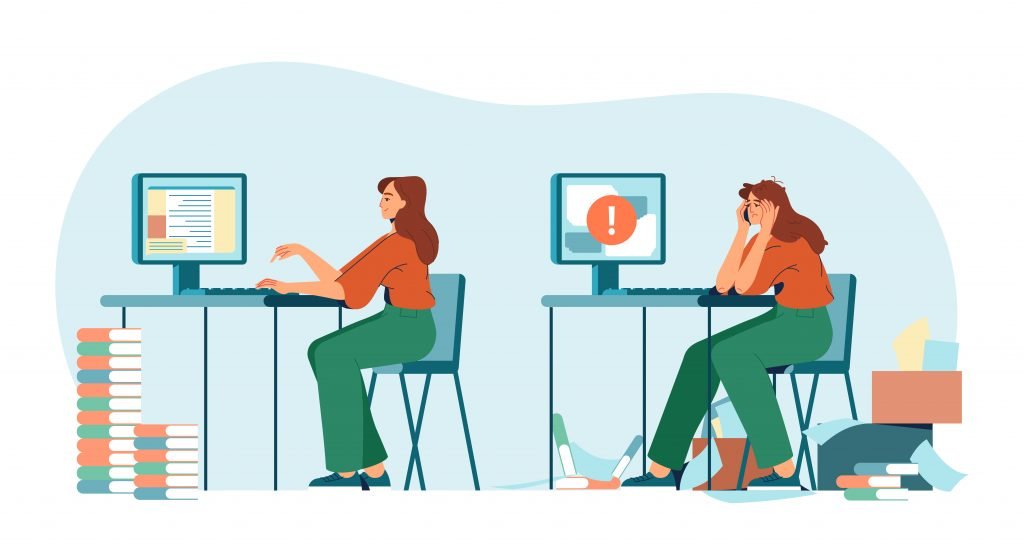Your personal core values are the things that you believe are most important in life. These principles guide and dictate how you live your life and make decisions.
Developing your personal core values is an important exercise that can help you clarify what is most important to you. Knowing your personal core values ensures that you can make better decisions, set boundaries, and live a more authentic and fulfilling life.
Here are six ways to develop and live by your personal core values.
Clarify What Is Most Important to You
Developing your core values is an important first step in leading a more fulfilling life. But how exactly do you accomplish this?
Core values guide how you live your life and make decisions. There are many ways to develop your core values. One way is to think about what you believe in and what is most important to you. What do you stand for? What do you value most in life?
Another way to develop your core values is to look at your past behavior. What principles have you consistently upheld in your life?
Once you have developed your personal core values, it is important to live by them. This means making decisions based on your values, setting boundaries based on your values, and living in alignment with your values.
Make Better Decisions
One of the benefits of developing and living by your personal core values is that it can help you make better decisions. When you know your core values, you can make decisions based on those values. This can help you avoid making decisions that are not in line with what is most important to you.
Decision-making becomes easier when you know what you stand for. When you clearly understand your personal core values, you can use those values to guide your decision-making process. This can help you make tough choices with confidence and clarity.
Set Boundaries
Setting boundaries can help you protect yourself from people and situations that align with your values. It can also help you identify relationships that are not healthy for you. If a relationship is not in line with your core values, it may be time to set some boundaries or even end the relationship.
Live an Authentic Life
When you are clear about what is most important to you, you can live a life that is true to those values. This can help you avoid living a life that is inauthentic or out of alignment with your values. Living authentically allows you to find more meaning and purpose in your life. When you live a life that is true to your values, you are more likely to feel fulfilled and satisfied.
Be Willing to Make Sacrifices
Living by your personal core values can sometimes mean making sacrifices. For example, there may be a time when you must give up something you want to uphold your values. This can be difficult, but it is often necessary to live a life that is true to your values.
Of course, not all sacrifices are equal. Some may be small, such as giving up a material possession. Other sacrifices, such as giving up a relationship or job, may be more significant. But all sacrifices require you to give up something to live by your values.
Be Prepared for Challenges
Living by your personal core values can also be challenging at times. There will be occasions that prove difficult to uphold your values. You may be tempted to give up or cave in to pressure. But if you want to live by your values, you must be prepared for challenges.
Remember, your challenges are not always negative. On the contrary, challenges actually help you grow and become stronger. So, even though challenges may be complex, they can ultimately help you lead a more fulfilling life if you are willing to face them head-on.
These six ways will support you in developing and living by your personal core values. This in turn will enable you to lead a more fulfilling life.








